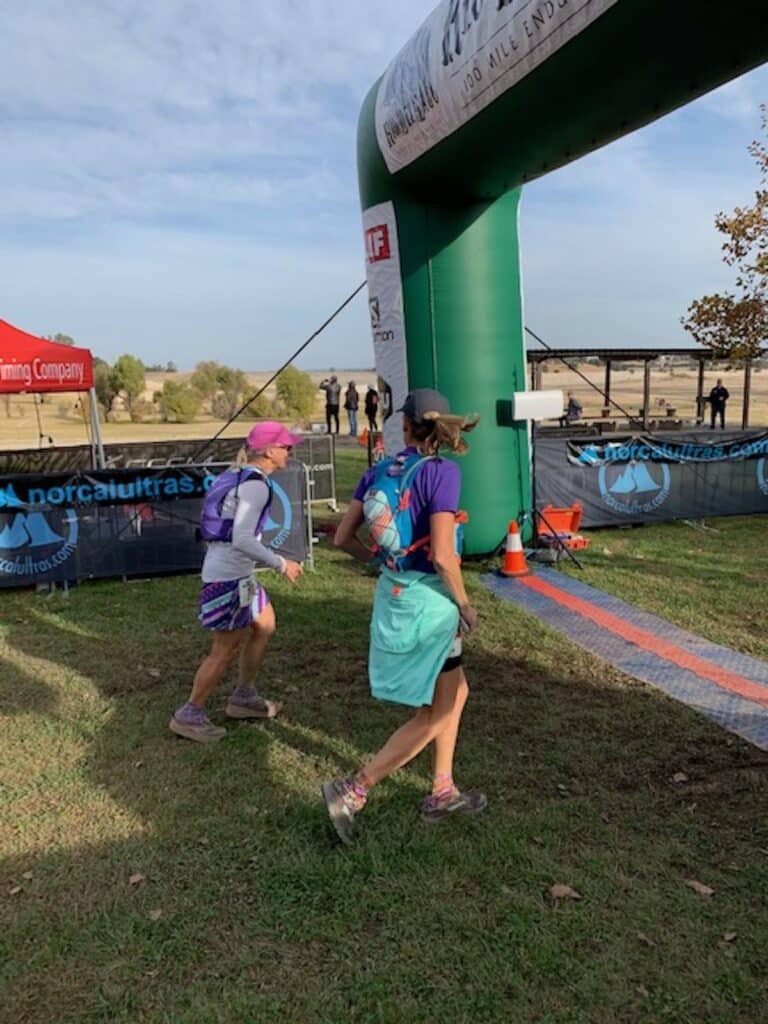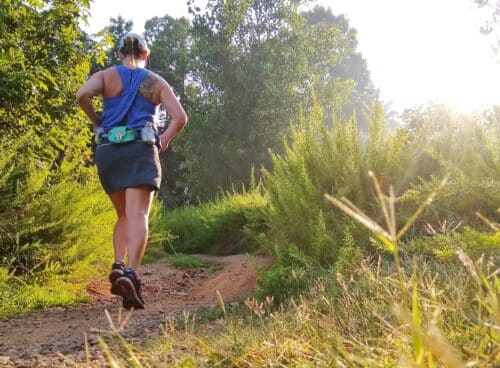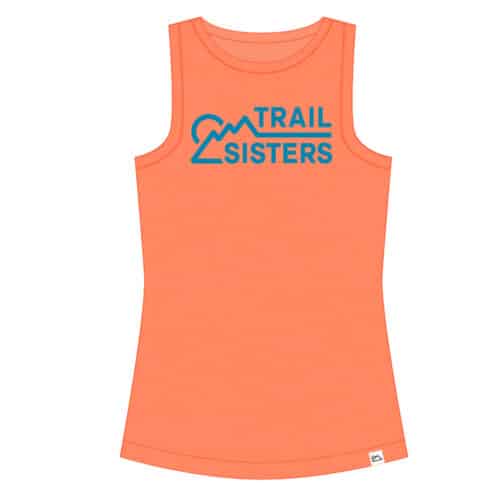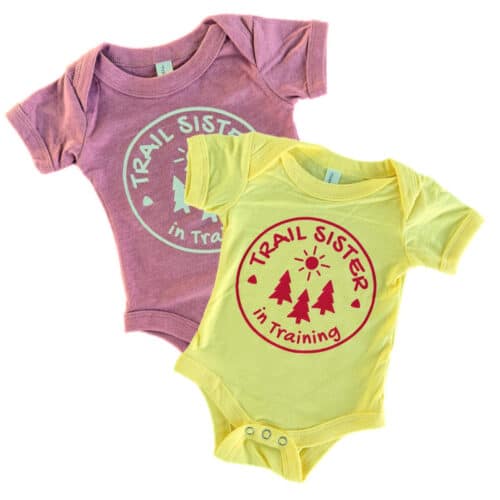Your success is 20% physical and 90% mental.
As I crossed the finish line of the 2017 WS 100, I couldn’t help but feel proud of myself for not giving up when faced with the most difficult of challenges. Looking back, I realized that my success wasn’t just about my physical strength, but more importantly, about my mental fitness.
There were moments of despair, there were moments of the unknown, crying in the depths of my heart as I worked my hardest to move forward no matter what.
Resilience is about being able to bounce back after adversity,
I was resilient as I bounced back from the ice, snow, ice bridges with gushing rivers underneath, and the record heat. I bounced back from the fears and frustrations to the wants and desires. I knew I could do it but, not sure I would finish in the time frame. Pushing the absolute cutoff for 99 miles.
What was more important than my resilience was my mental fitness.
Mental fitness is your capacity to respond to life’s challenges with a positive mindset rather than a negative mindset. Mental fitness is a proactive approach not a reactive approach in handling life’s challenges.
The mental training I had invested in before the race, helped me to stay focused and positive even when things got tough. I had learned to control my thoughts and emotions, and to see challenges as opportunities for growth and development.
As I reflect on my experience, I am reminded of the power of mental fitness in all aspects of life. Whether it’s in our personal or professional lives, mental fitness is the key to unlocking our full potential and achieving success.
How do you build Mental Fitness?
As we are all athletes at one level or another, with no comparisons. As a runner, triathlete, or cyclist you have a structured plan and workout leading up to your key race. You work on your nutrition, your rest days, and your training days.
If I asked you to do 100 pushups by the end of the year, would you wait till December 29th to start your training? Would you be successful? Probably not!
You would need to practice and build up the physical muscles to succeed. With regular practice, your likelihood of success increases exponentially.
When we think of our brain as a muscle to strengthen, we can rise to meet life’s challenges with more of a positive, proactive mindset.
Just like physical training we can help our muscles adapt to stress, the same is for your mental fitness we can help our mental muscles adapt to stress by building our mental muscle.
In 2022 one in four US adults said that most days they are so stressed they cannot function according to the annual Stress in America survey published by the American Psychological Association.
Roughly three quarters of adults (76%) said they have experienced negative health effects due to stress, including headaches, fatigue, and depression.
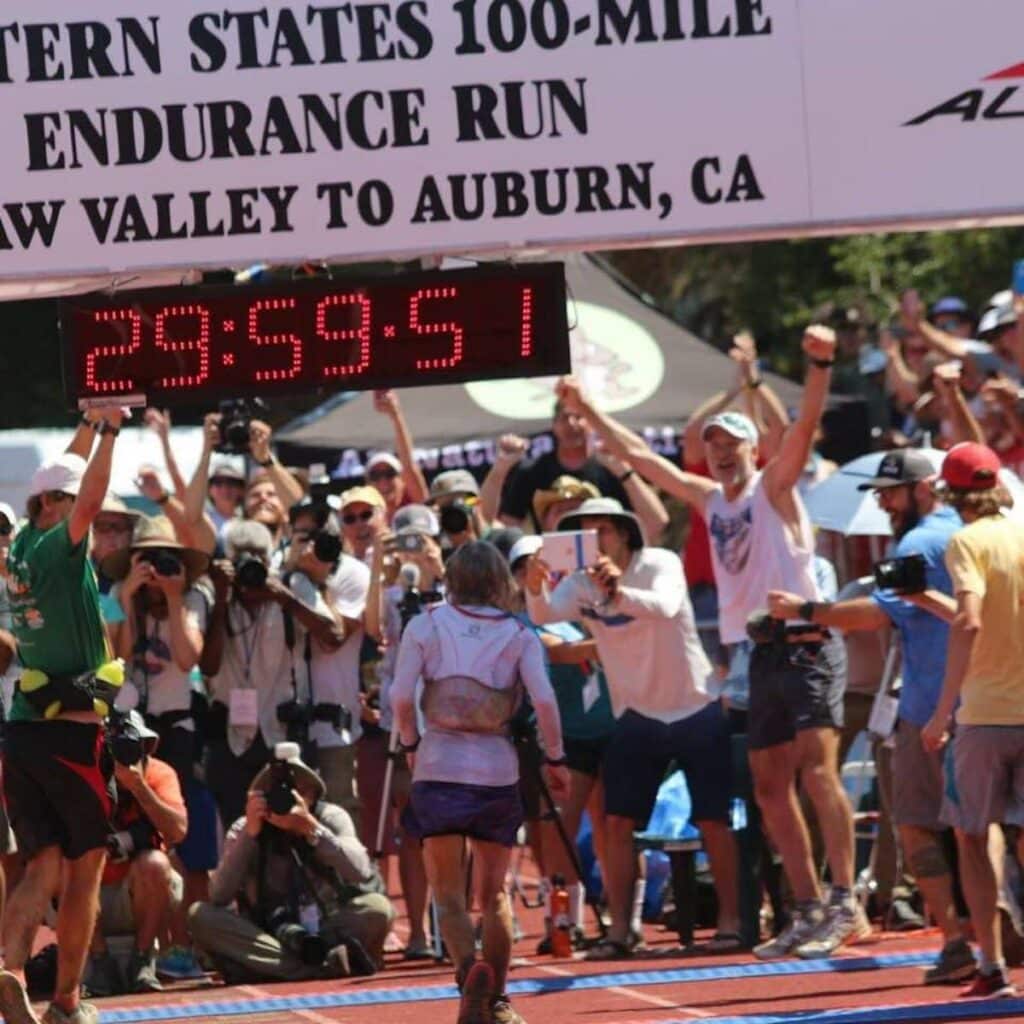
Here’s what to do to increase your mental fitness:
1. When you feel something negative, stop and label that emotion.
So, for example, if you’re having a difficult conversation with a colleague and you suddenly get flooded with a tight feeling in your chest, stop. Ask yourself, “what do I feel and where is it located in my body?” You may feel anxious, and perhaps it’s located in your stomach or chest. Labeling makes you an observer of this negative emotion, and therefore more removed from it.
Through Positive Intelligence, you are able to identify and name 9 accomplice saboteurs that support your main internal critic, Your Judge.
2. Engage in mini mindfulness.
You do not have to go into a dark room and chant “om” for 30 minutes to have a fruitful mindfulness session. All it takes is a few seconds of focusing on your breathing and your body to decrease cortisol and adrenaline levels. I use what I refer to as PQ ( Positive Quotient) reps to shift, Just focusing on my breath or focusing on touch. I am quickly able to feel more calm, centered and focused. Doing this 10 seconds 3 times a day will build your mental fitness and increase dopamine in your brain.
3. Reframe the situation.
After you’ve engaged in mini mindfulness, ask yourself: What are some potential gifts in this situation? You can also ask, why could this be happing for me? Brainstorm some answers. Even an answer as simple as, “Well, I can laugh about this later with my friends!” is a perfectly reasonable gift. Reframing will shift your thinking and make you feel lighter, calmer and at peace and less controlled by your negative emotions.
It’s not just about being resilient and bouncing back from adversity, but also about being proactive in building our mental strength and being prepared for whatever challenges come our way. With mental fitness, we can respond to life’s challenges with a positive mindset and an unwavering determination to succeed.
So, if you ever find yourself facing a difficult situation, remember that your success is 20% physical and 90% mental. Invest in your mental fitness, and you will be amazed at what you can achieve.
